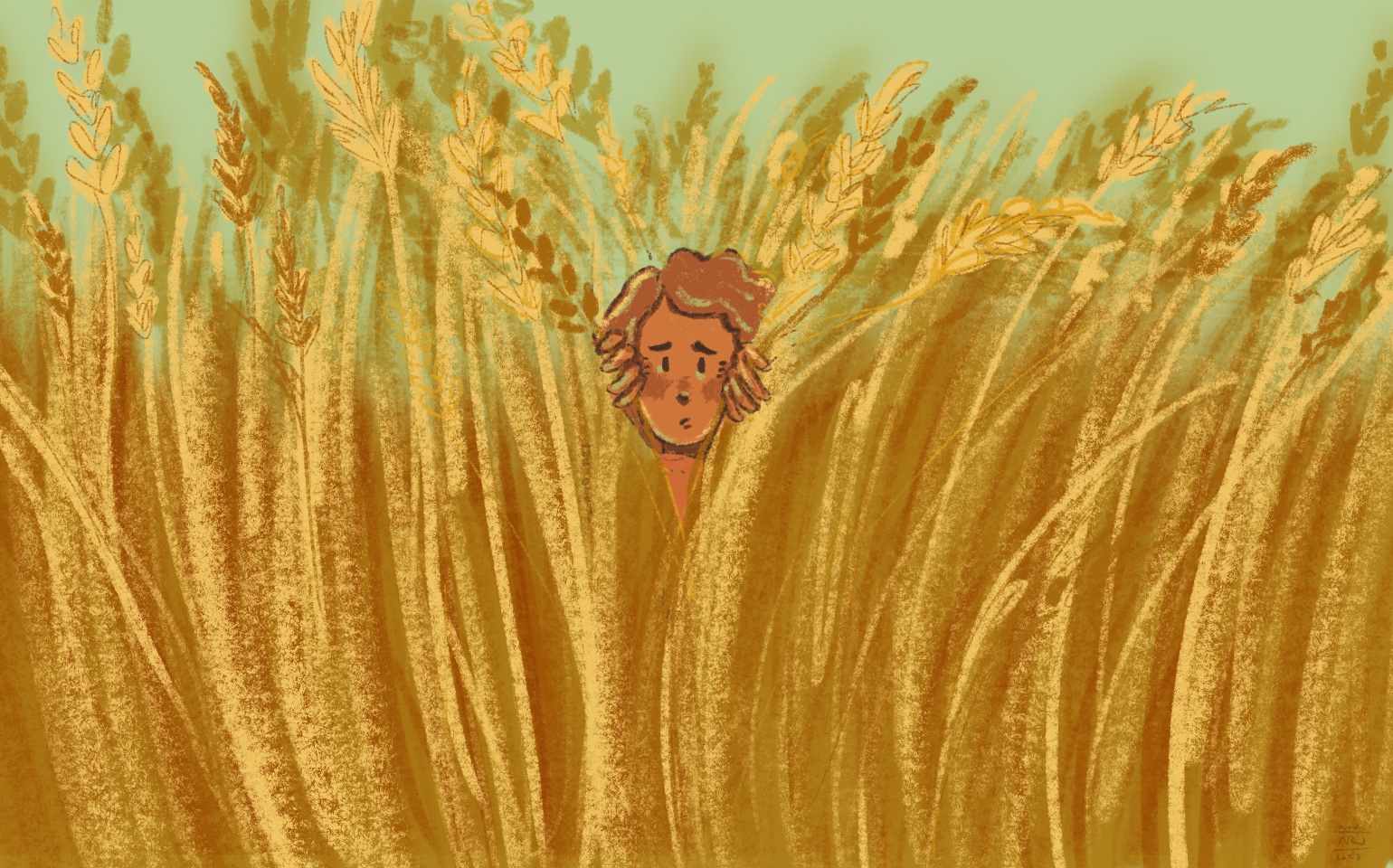
My Insight on Food Allergies
On a field trip in the fifth grade, the counselor offered me a cookie and I politely declined. You might be wondering why. Since I was born, I’ve been trained to check the label of every food item before buying or eating it. My parents are always trying to find new foods I can try, but it usually ends in disappointment. I’m allergic to peanuts, eggs, nuts, shellfish, and soy. Many of my friends ask why, and I’ve always wished I had an answer. “It’s something I was born with,” is all I can say. This cookie was no different than any other for me. I’d checked the label of that particular cookie many times before and was aware that it had eggs. Upon declining, a sour look crossed my counselor’s face. “I checked the label and it doesn’t have eggs. You’re so paranoid.”
“Paranoid.” At the time I didn’t know what that word meant. I knew it was something bad, judging by the laugh from one of my peers. At the end of my trip, I asked my sister what it meant. My sister was very surprised and asked where I had heard it.
By definition, paranoid means, “unreasonably or obsessively anxious, suspicious, or mistrustful.” I wondered if that’s how everyone thought of me.
According to statistics from the Government of Canada, the prevalence of food allergies in the Canadian population is 7%. The Government of Canada and doctors recognize that allergies are a serious medical condition.
Under Sabrina’s Law, which requires that all Ontario public schools implement policies protecting students with anaphylaxis, all teachers are trained regularly on appropriate actions to take in the event of an anaphylactic reaction. Despite all this, most of the general public regards this lightly and doesn’t recognize allergies for what they are. Medical conditions that can be seen externally are treated with respect, but allergies that happens within the body are not taken seriously.
This past summer, I went on a cruise with my family. As usual, my parents spent a lot of time talking with the food specialist. We informed them of my allergies and they continued to group peanuts and nuts as one category. This was slightly frustrating since I am deathly allergic to peanuts but less allergic to nuts.
One day at lunch, I was served a salad with pecans. In all honesty, I had never seen a pecan up close but in seeing my mom’s reaction, I could tell it was not something I could eat. We told the waiter who quickly went to the kitchen to change the dish. The waiter also went to inform the food specialist so she came over to ask how we were doing. My Mom explained the issue but the food specialist simply brushed it off and said with a smile and said, “Well you didn’t eat it, so it’s no issue.”
On the same trip, I had a severe allergic reaction that landed me a visit to the emergency room aboard the ship. I ended up needing two injections: one Benadryl and one steroid. That night was very chaotic.
The manager of the restaurant kept asking my parents questions while the doctor gave me treatment. In addition, we received a call in the middle of the night informing my parents of the medical bill and accusing my parents of being responsible for the entire incident. They claimed that because it was my sickness, the bill would be our responsibility even though I was served the wrong food. My dad decided it would be better to write the general manager a message instead of trying to reason with the staff. The next day all the staff on board the ship ignored us. We had a new waiter and everyone pretended as if nothing happened. As we were leaving the ship, the general manager approached us and apologized for everything. He agreed that it was unfair for us to pay the medical bill and admitted that their food had caused my reaction. He also told us he would take care of the bill for us.
Growing up, I have been taught to take extra caution before I eat something, and my friends and family have always been supportive. They take care to ask me if I can eat something before offering it to me and accommodate my allergies while defending me against others who are being unreasonable.
Sometimes I feel terrible that people have to go out of their way to accommodate my allergies, but I have learned that I should not. The allergies that I have are not in my control; they’re something I was born with. No one should feel ashamed about their medical condition or needs, because dealing with it is already hard.
It’s not worth making your life harder by feeling bad about them. People who care about you do not see it as a hassle, but rejoice with you when you find something new you are able to try! Having allergies has educated me further because it has made me more sensitive to other people’s conditions and needs. I no longer see it as a disadvantage, but I still have much to learn. I try to use my knowledge of the situation to help others who are struggling with similar problems, and I do my best to keep an open mind when discussing other’s needs. Overall, having allergies has made me a more empathetic person and has inspired me to help others the way others have helped me.

